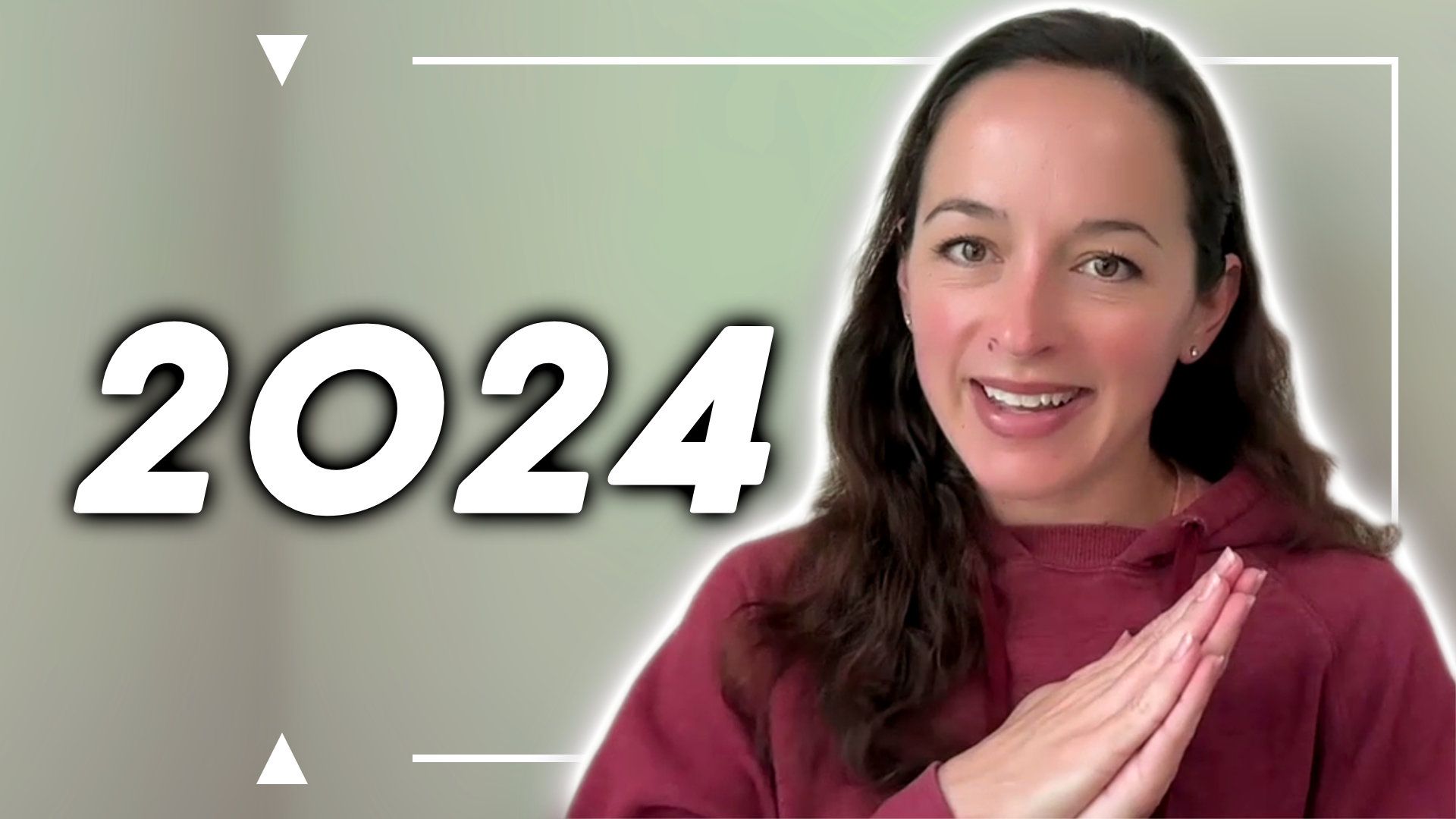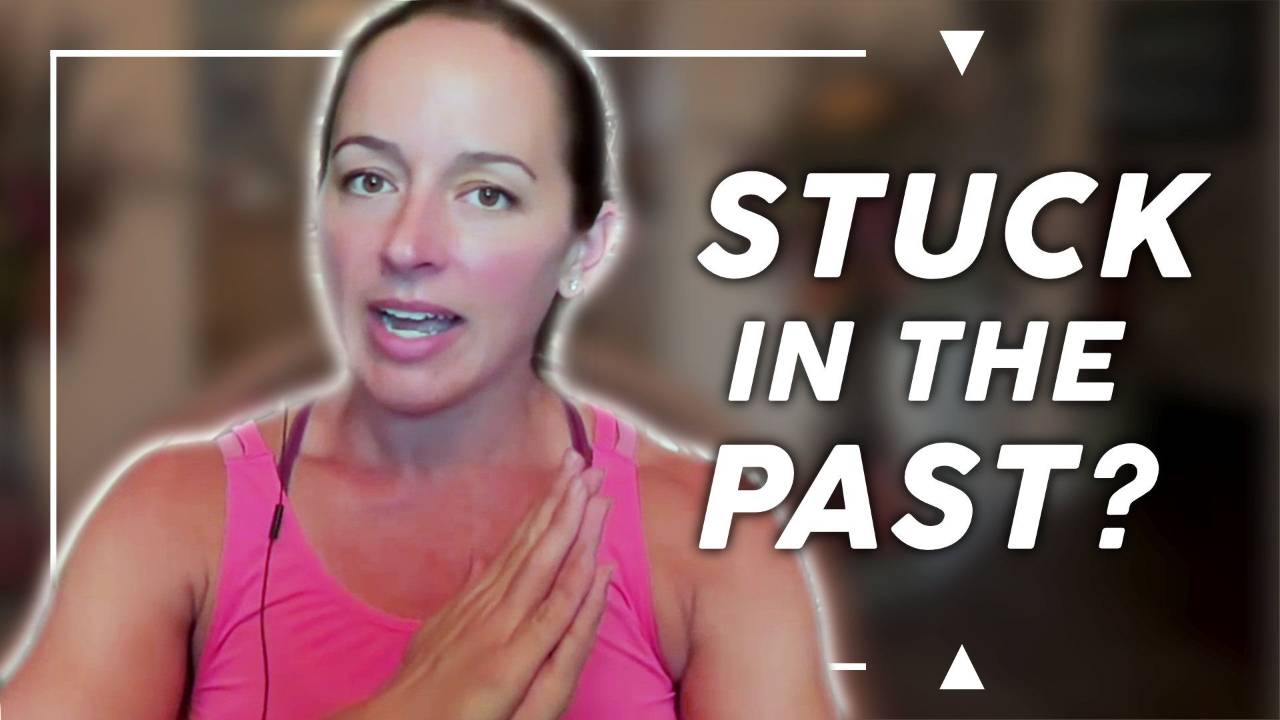
What is the best diet for fat loss? Should you count calories or count macros?
Nov 10, 2021I walked into Barnes and Noble the other day browsing for what would be my new book for the week and out or curiosity I went into the “Health & Wellness” section just to see what is the current “greatest way” or “buzz” to boost fat loss and heal your body.
I’ve been in the health and fitness industry now for about 12 years so have seen a lot of craze’s come and go. It’s amazing to me how many “new” things come out each year and how many people continue to hop on the latest and greatest to avoid the basic foundations of healthy eating of consuming whole foods with a balanced ratio of complex carbohydrates, lean protein, healthy fats, fruits and veggies. Truthfully, at the most basic level, to boost fat loss you simply need to reduce the daily calorie intake and increase the daily energy output. Food is an energy source. If you are consuming more than you are burning then the body holds on to that energy. That is nutrition in it’s most basic form.
Back to the Health & Fitness section, I spent about 5 minutes looking at all of the top books: Lose Fat Fast, Plant Based Fat Loss, The Keto Diet, Paleo Diet, Intermittent Fasting, The Mediterranean Diet, The Anti-Inflammatory Diet, Diabetic Weight Loss, Think Your Way Thin, If it Fits Your Macros,…
Good grief! Even I felt overwhelmed with how many approaches and titles were out there claiming to have all the answers and I actually know a thing or two about nutrition, weight loss, and functional health. Because of that, I figured I would write this article in an effort to simplify all that and drown out the “noise” so that you have an easy and basic place to start with your nutrition from a holistic, natural and long-term approach. I always focus on fueling the body and giving it the best internal environment to function at its best.
One of the most common questions I receive in emails and social media is “Which is better or more effective for fat loss? Counting calories or counting macros?”
To be honest, it’s not that simple. You can get plenty of calories throughout the day, but be missing out on a lot of the macronutrients your body needs to function efficiently. On the contrary, you can also count your macros (carbs, protein, fats) and think you’re on track, but if those macros are coming from things like processed foods, sugars, and essentially junk then you’re kind of missing the mark there too.
Let’s take a look at a very basic level at some of the pro’s and con’s of the most popular diets out there:
The Keto Diet- This diet essentially has you consume high fat, high protein and low carbohydrate to deplete the body of carbohydrates forcing it to use stored fat as its energy source. When you eat carbohydrates, your body takes those carbs and converts it into blood sugar (glucose) and uses it for energy. When you deplete the body of carbs, it is force to use fat for energy instead of sugar.
The pros- You can lose weight with this approach (as with most ‘diets’). For some people, they found that it helped with balancing out blood glucose levels so they did not experience a carb crash or sugar crash. It could include athletic performance for endurance athletes. It can possibly improve high blood pressure and metabolic health.
The cons- There is still a lot of researching being done on this. One of the issues that comes up with the ketogenic diet is there have been numerous reports on nutrient deficiencies in calcium, Vitamin D, magnesium and folic acid. While keto can work well for endurance athletes, it does not prove to work well for strength athletes because the body uses carbohydrates as a source for building muscle in strength training. In relation to hormones, during women’s cycles when estrogen levels tend to drop some women also experience drops in serotonin and dopamine which is what causes the major anxiety, mood swings, and irritability...what’s one way to help with neurotransmitters? Eating complex carbs and foods high in magnesium to help boost and balance serotonin levels. The diet also relies on heavy consumption of animal fat which can cause other serious health issues.
The Paleo Diet-Based on Paleolithic nutrition, it is designed to bring back a way of eating when human kind had to hunt and gather their food. It involves eating fruits, vegetables, lean meats, nuts, eggs, seeds, and fish. You do NOT eat dairy (yogurt, cheese, milk, etc.), grains (including oats, rice, pastas), any kind of legumes, added salt, processed foods, potatoes (except sweet), or refined vegetable oils.
The pros- You can lose weight on this diet. It does involve eating quality, whole, nutrient based foods. It involves eliminating processed foods. No counting calories.
The cons- It eliminates food groups. It is also extremely low in carbohydrates which is not necessarily bad, but can lead to nutrient deficiencies and again depending on how you exercise it may impact your performance. Not sustainable long term.
The Mediterranean Diet- This diet focuses on eating lots of vegetables, fruits, whole giants, nuts, legumes, healthy fats, fish, and some poultry, dairy, and red wine. On top of that, this emphasizes eliminating processed foods, simple carbs, keeping red meat to a minimum and staying away from added sugar. So far so good!
The pros- It is more balanced and does not eliminate specific food groups. This nutrition approach can help with heart health. It can help with blood glucose and insulin stabilization. It can also help promote weight loss. It consist of high fiber foods.
The cons- There aren’t any specific guidelines so it may require more research on your part for things such as servings/portion control so it is very easy to over consume on this ‘diet’. Encourages regular alcohol consumption which isn’t an issue if you do not have other healthy issues at risk, but typically alcohol is not something that needs to be absorbed daily. It limits dairy intake which can cause a nutrient deficiency in Calcium.
Counting Macros “If It Fits Your Macros”- This approach to dieting basically promotes that you can eat whatever you want...literally ice cream, oreos, and junk food as long as it “fits your macro” requirements. As mentioned, your macros are protein, carbs, and fats. You figure out what your daily protein, carbohydrate and fat requirement needs are in grams then you eat whatever you want to hit those macros according to this ‘diet’.
The pros- Well, you literally get to eat whatever you want as long as you hit your daily macro requirements. Super flexible because nothing is off limits so you can make it fit whatever foods you prefer. It can make sure that you are hitting your macronutrient requirements. Less expensive because you don’t have to eat super high quality foods.
The cons- Well, you can eat whatever you want which means you may be hitting your macros, but you also may be consuming a lot of junk as well. Because this doesn’t promote specific types of food it’s also possible you end up hitting macros, but missing out on a lot of vitamins and deficiencies. This approach does not really educate you on nutrition for your body and actually for those with a history of eating disorders and food obsessions this can cause deeper issues with making sure to calculate everything they eat instead of knowing how to fuel their body with well rounded nutrient dense foods that encourage overall quality health and athletic performance
This is just a basic overview of some of the most common diets out there.
The best “diet” is no diet at all and instead is a lifestyle that educates you on your body, what nutrients your body needs based on your overall health, and then choosing whole food sources to meet what your body needs.
Interested in working with me as your Holistic Nutrition, Functional Fitness & Mindset Coach? Head here.
A diet can be a great starting point and guide if you are simply looking to lose weight, but the long term approach is to work with someone to find out what your specific body needs. For example, one thing that is not assessed with any of these diets is a person’s food sensitivities. Food sensitivities and consuming foods you have a reaction to can cause an inflammatory response in the body which can throw off your entire immune health and hormonal balance along with a variety of other issues.
There is no one size fits all diet out there so a diet should simply be seen as a guide, but from a functional and holistic perspective what we want is for you to have a lifestyle where you are enjoying whole foods that fuel your daily needs, your workouts, provide you with optimal mental health and energy, and promote balance so you are not having to count anything and instead you see your food as nature’s vitamins and a way to nourish your body.
Some of the most common issues with weight gain, weight loss, hormonal imbalances, anxiety, and even common health issues can be improved and sometimes even totally correct with holistic nutrition, the right workout program, proper stress management to reduce cortisol and inflammation, and if necessary a vitamin/herbal regimen to support overall health.
The best approach to fat loss or weight loss is to work with a health and fitness professional who can help go over your specific goals, your body’s needs, assess and evaluate any underlying food sensitivities, nutrient deficiencies or hormonal imbalances and come up with a personalized plan to help you create a body and life you love. The best medicine in the world can’t out perform a solid whole food nutrition regimen, regular exercise and the right mental and emotional health.
If you’re interested in working with me 1-1 to help do a deep dive into your fitness, nutrition and emotional well being then head here to apply to set up a consultation with me and let’s come up with a plan together to help you look and feel your absolute best inside and out!
Here’s to creating a body and life you love!
Ashley Drummonds
Get my free newsletter with the latest podcast episodes, tools and promotions to help you live your best life!
Join our mailing list to receive the latest news and updates from me.
Don't worry, your information will not be shared.
We hate SPAM. We will never sell your information, for any reason.





